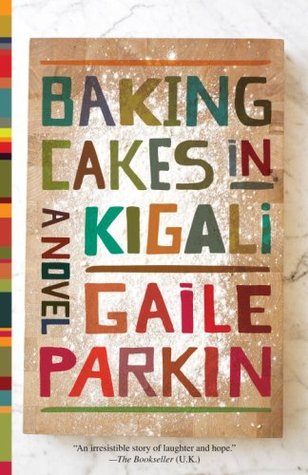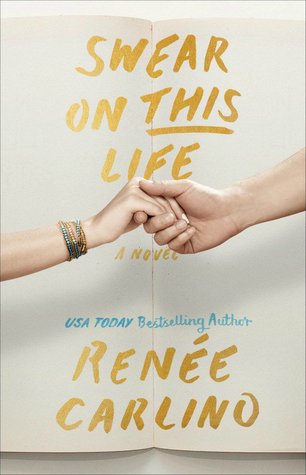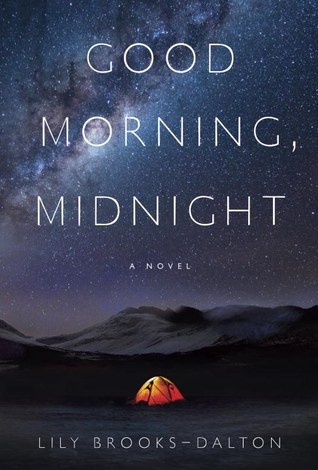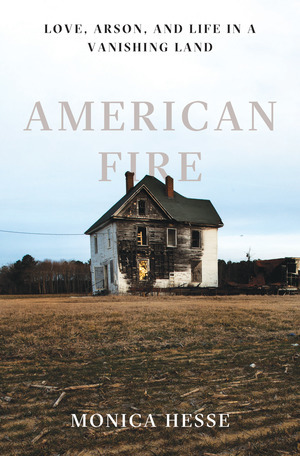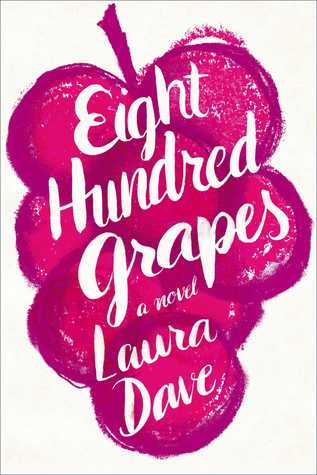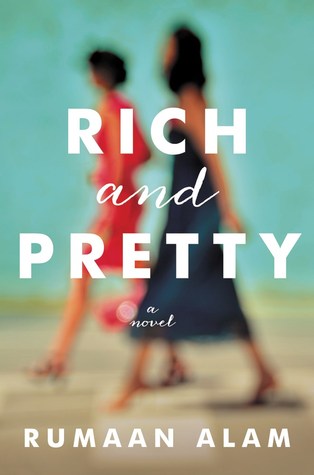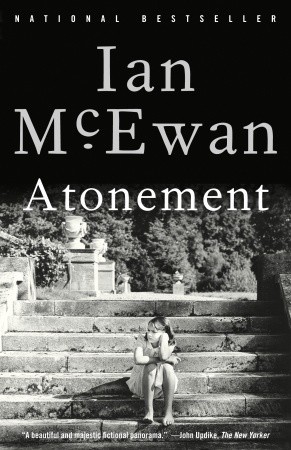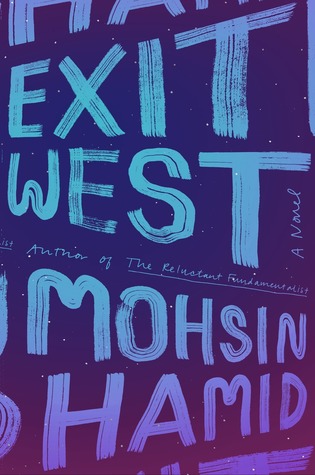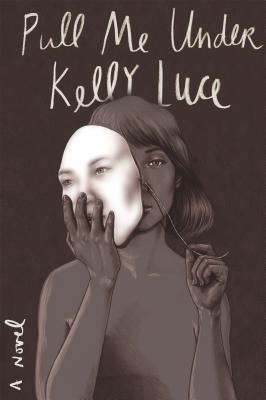 One of the reading challenge categories that was posing a problem for me this year was "A book by a local author." I live in Washington, DC. I knew that there could be no shortage of local authors with great books available. However, when I Googled, the ones that came up, the Big Names, were ones that I either wasn't interested in (David Baldacci, Tom Clancy) or I'd already read their works (Laura Hillenbrand). Thankfully, I eventually found an article by DC Refined, "5 D.C. authors you should know (and their latest books)". While a bunch of the authors and books listed there caught my interest, one in particular stuck out: Harmony by Caroyln Parkhurst, because she has her MA from American University, which is my school! Also, the premise seemed very interesting.
One of the reading challenge categories that was posing a problem for me this year was "A book by a local author." I live in Washington, DC. I knew that there could be no shortage of local authors with great books available. However, when I Googled, the ones that came up, the Big Names, were ones that I either wasn't interested in (David Baldacci, Tom Clancy) or I'd already read their works (Laura Hillenbrand). Thankfully, I eventually found an article by DC Refined, "5 D.C. authors you should know (and their latest books)". While a bunch of the authors and books listed there caught my interest, one in particular stuck out: Harmony by Caroyln Parkhurst, because she has her MA from American University, which is my school! Also, the premise seemed very interesting.Told from multiple perspectives, Harmony is the story of a family (the Hammonds) who seek help for their brilliant but troublesome daughter, Tilly, who has a non-specific disorder along the autism spectrum. In the search for help, they fall in with Scott Bean, who gets them to come to a camp, Harmony, in New Hampshire that is, for all intents and purposes, cut off from the outside world. They will live and work at the camp, grow their own food, avoid pesticides and stimulation from screens, and anything that's needed from outside, Scott will get while the rest of them stay at the camp. A few other families are also present, for similar reasons. But while Harmony initially seems like it might be exactly what the family needs, might it perhaps be a little more sinister?
Camp Harmony treads along the thin line--is it a cult or isn't it? At some times, it seems like it is, and at other times it seems like it isn't. Scott Bean is a masterful manipulator. He gets the families to feel like they are accomplishing something, and every time something unnerving happens, he backs off, reassures them...and then continues on with his own plans. There's a menace here, but not one that that's obvious,or even always present. It leads to a strange balancing act in the mind, which I'm sure is exactly what Parkhurst intended--is this okay, or is it not? Some of it is, and some of it isn't, and some of it is questionably...and it all adds up to a big, big problem that will shatter the Hammond family's existence.
The writing style here was interesting. There are three perspectives: Alexandra, the mother; Tilly, the older sister; and Iris, the younger sister. Alexandra's parts are written in second-person, which I typically dislike, but in this case I think it really worked. It made her struggle more empathetic, made it easier to see where her difficulties were coming from. Iris has a more traditional first-person perspective, relating the "present" events; she is our main narrator, telling us the story as it unfolds, whereas Alexandra's parts are more of a "how we got here" set up. And then there's Tilly. Tilly's narrative is neither here nor there, first person nor third person, just a sort of weird, floating imagining that happens at an ambiguous place and time, and yet perfectly suited to Tilly's character.
This was a book that intrigued me, but that I was unsure I would actually like. And while the pacing is somewhat slow, the building unease in the background propels the story forward to its climax. I do wish there had been a bit more closure here--we are definitely left with the question of, "What happened to the Hammonds, anyway?" I mean, will the daughters be giving TED Talks about growing up in a cult when they get older? Or will everything be all right? These are the things I'm left wondering--and while I would have liked more closure, I gather that the wondering was rather the point.
Anyway, I'm very glad that I picked this title for my "local author" reading challenge category. It wasn't something I would probably have picked up on my own, but I enjoyed it, and I'm looking forward to reading other books by these local authors.
4 stars out of 5.
